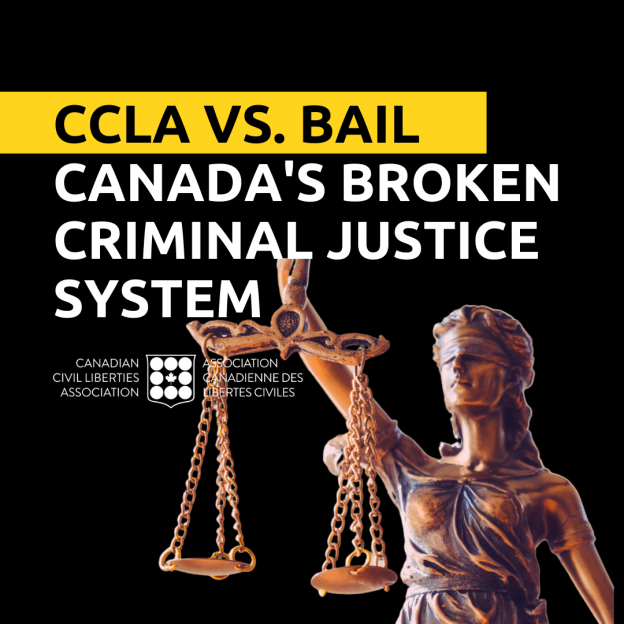Over half of inmates held in Canada’s provincial and territorial prisons have not been determined guilty. In this episode of Justice Vs. we look at the use of bail in Canada’s criminal justice system and how it perpetuates criminal identity among even those not yet convicted of crimes. We talk to Dr. Jane Sprott and James Fauvelle. Dr. Sprott is a professor in the Department of Criminology at Ryerson University. Her research interests include the operation of the youth and adult criminal justice systems, issues around pre-trial release, sentencing in Canada, and perceptions of crime and criminal justice policies. She is currently working on a SSHRC funded project which investigates bail conditions placed on youths. Fauvelle is a third-year student working towards his Bachelor’s in Social Work at Ryerson University. He is an active member in the Canadian Addiction Counsellors Certification Federation and a registered social service worker in Ontario. He focuses on “integrating the principles, philosophies and theories of Social Service Work from an Anti-Oppressive and Social Justice framework.” The Canadian Civil Liberties Association (CCLA) spoke with him a few years ago for the report Set Up to Fail: Bail and the Revolving Door of Pre-trial Detention.
Further Reading:
- Want to learn more about bail and bail processes? Feel free to read Steps to Justice’s comprehensive guide!
- Interested in CCLA’s take on bail? Here’s our report from 2014 about bail practices in Canada.
- Click here for the most recent issue of Criminological Highlights, a monthly comprehensive report on fascinating criminological research! As recommended by Jane Sprott.
Call to Action:
- Check out these webinars from the Toronto Prisoners’ Rights Project to hear more experiences from those affected by our criminal justice system.
- Want to get directly involved? Volunteer with the John Howard Society or Elizabeth Fry Society, who both do fantastic work with criminal justice.

Warning to listeners: this episode mentions suicide.




